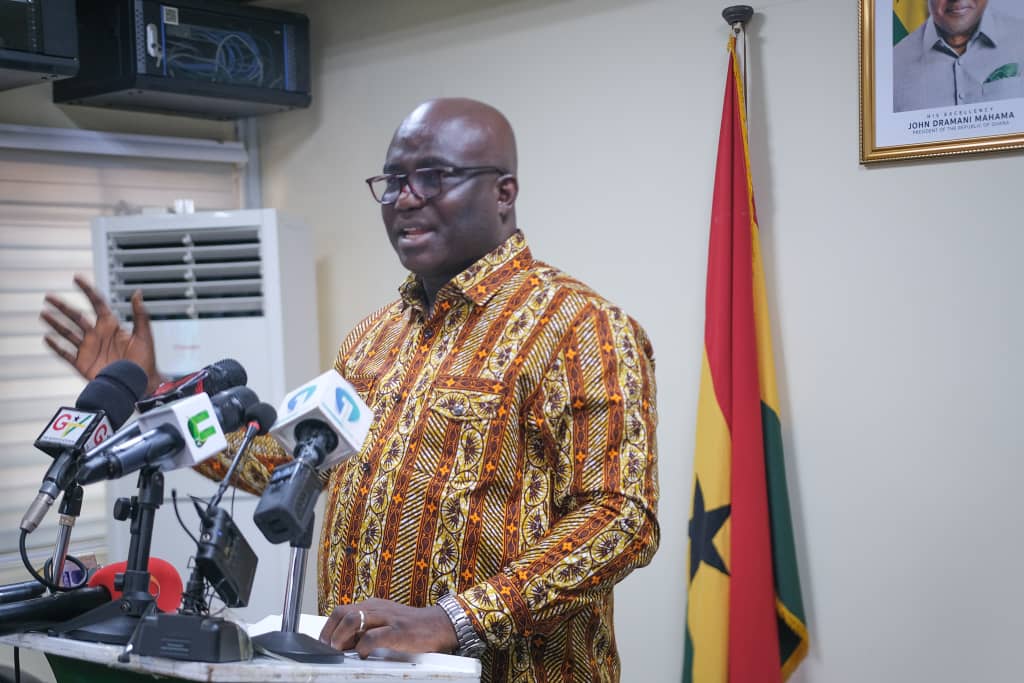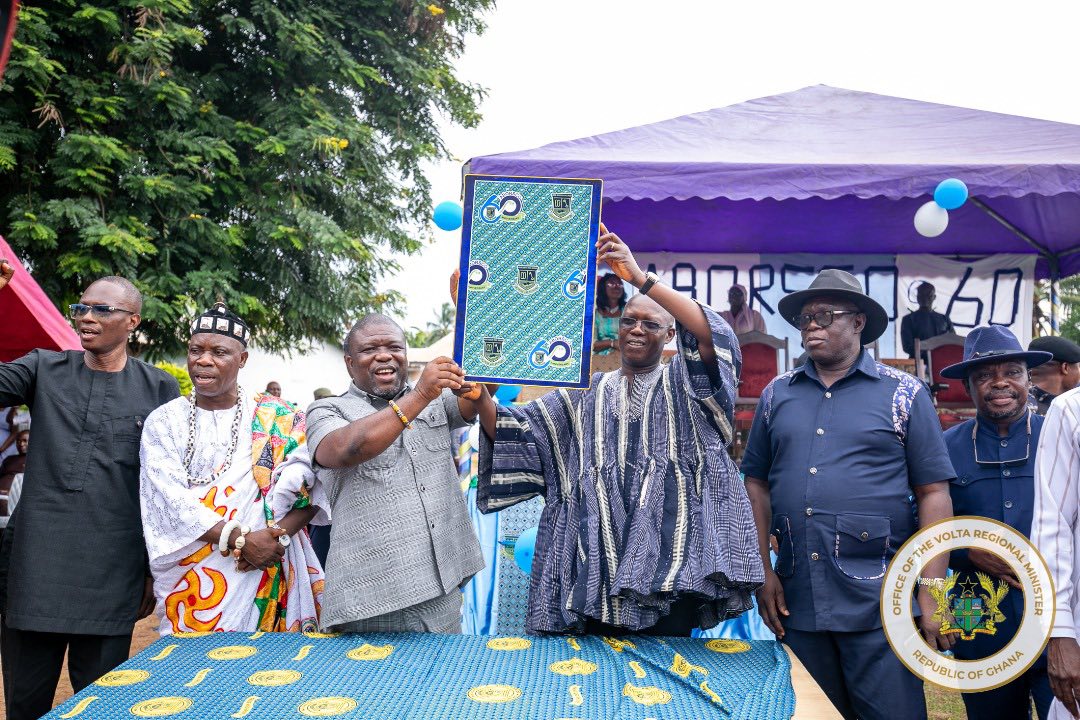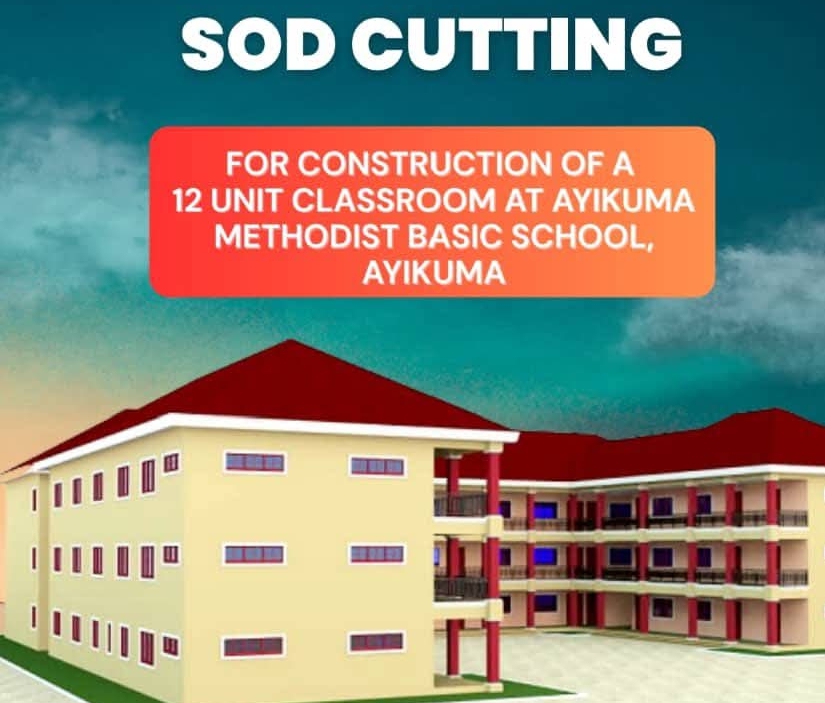The Ministry of Food and Agriculture (MoFA) has announced a major nationwide push to promote the formation of farmer cooperatives under the flagship Feed Ghana Programme.
This strategic initiative, unveiled today by Minister Eric Opoku, aims to empower smallholder farmers, increase productivity, and accelerate Ghana’s progress toward food self-sufficiency and a resilient economy.
Speaking at a press briefing held at the Ministry’s conference room, Hon. Opoku emphasized the vital role that cooperatives will play in achieving the government’s vision, including the ambitious goal of a 24-Hour Economy envisioned by President John Dramani Mahama.
A New Approach to Farmer Organization and Empowerment
“Cooperatives are powerful tools for empowerment,” Hon. Opoku stated. “They enable farmers, especially smallholders and vulnerable groups, to benefit from economies of scale, better bargaining power, and improved access to resources. Forming cooperatives isn’t just an administrative step—it’s a strategic move to transform our agricultural sector.”
He highlighted that organized farmer groups will be at the forefront of accessing the comprehensive support provided through the Feed Ghana Programme, designed to enhance productivity, market access, and sustainable development.
Key Support Areas of the Feed Ghana Programme
Farmers will gain access to vital services such as:
Farmer Service Centres (FSCs): Offering mechanization, input distribution, extension services, and climate-smart technologies, with cooperatives prioritized.
– Financial Services: Partnering with banks to deliver tailored financial products like savings, insurance, and mobile money platforms.
– Credit & Investment: Allowing registered cooperatives to obtain loans, high-yield breeds like Kuroiler chickens, feed subsidies, and training.
– Input Subsidies: Providing prioritized access to subsidized seeds, fertilizers, and animal feed.
– Training & Capacity Building: Equipping farmers with skills in modern farm management, agribusiness, and digital agriculture.
– Market Linkages: Supporting cooperatives to negotiate better prices and establish long-term contracts with government agencies, hospitals, export markets, and other buyers.
– Policy Inclusion: Giving farmers a platform to participate in national policy discussions at all levels.
This initiative marks a significant step towards organizing Ghanaian farmers, strengthening the agricultural value chain, and ensuring food security for all Ghanaians.






































